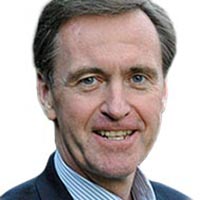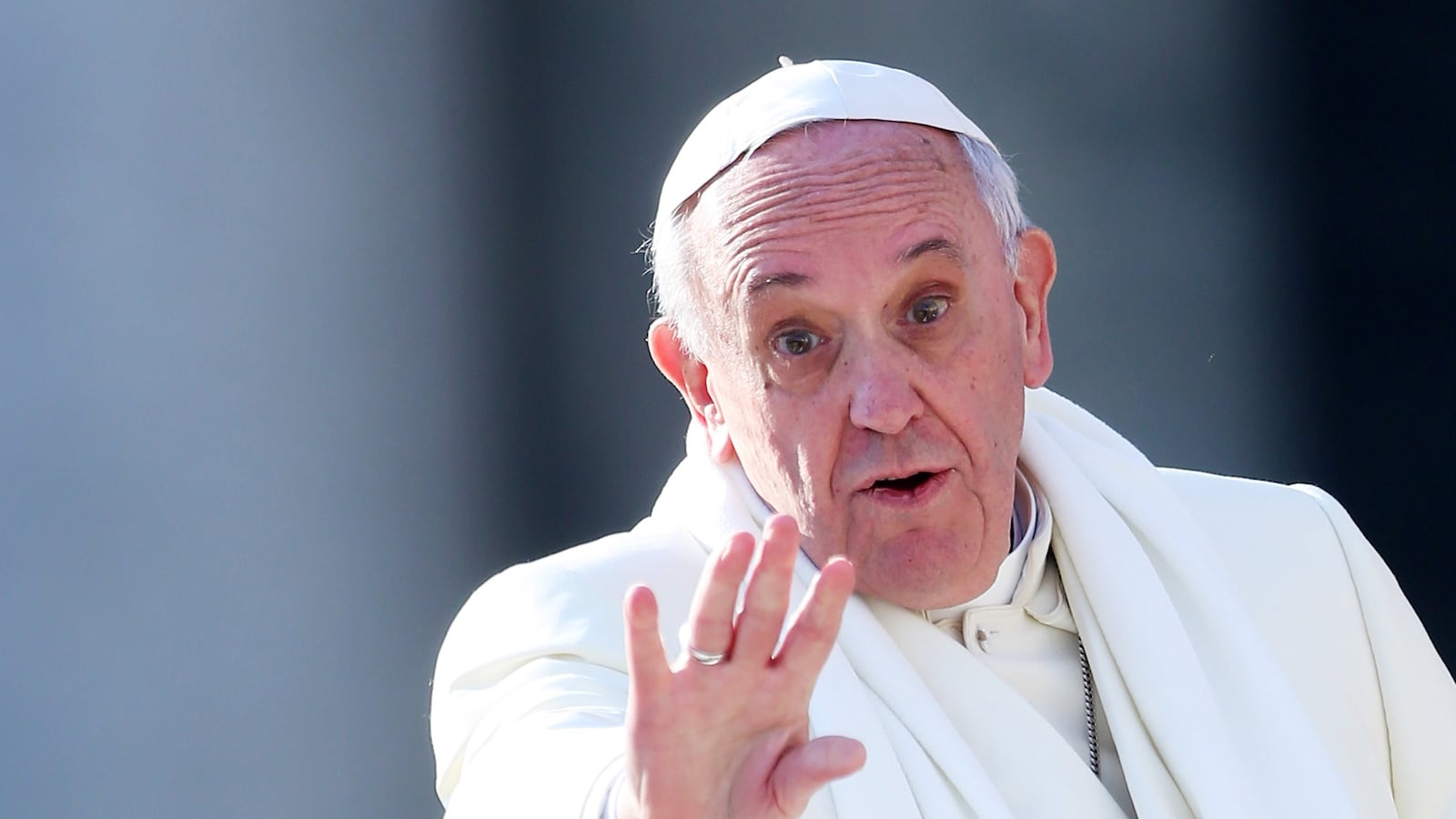Both Pope Francis and I were Jesuit seminarians. He wanted to go to Japan as a missionary, but never got the chance. I did get to go there, but not as a Jesuit.

I left seminary in New York after a few years when I realized I wouldn’t be happy as a priest. (That’s a comment on my life calling, not on the church I love or the Catholic priesthood). I suspect the pope would have blessed my choice to leave, since he recently wrote that the church’s representatives can’t be “sourpusses” or look like “someone who has just come back from a funeral.” Better that I leave the seminary than stay and become a sourpuss. After all, our church has been suffering declining allegiance for decades, all over the developed world. We will only grow by attraction, by presenting ourselves as people, “who wish to share their joy, who point to a horizon of beauty and who invite others to a delicious banquet.” Bravo to Pope Francis for saying that.
But would the Pope have blessed my post-seminary path? I ended up an investment banker at J.P. Morgan & Co, eventually serving as a managing director on three continents. You could hardly have called me a “missionary”; at a stretch, maybe you could have called me an ambassador for the financial markets, those same markets that, as some commentators saw it, the Pope was condemning in his recent pronouncement, Evangelii Gaudium.
How did that make me feel? Well, I have a gripe with the pope, was a bit disgusted, and was struck by his radical views. But maybe not in the ways one would predict.
During my Morgan life, I saw what wonderful things can happen when markets function well. Large swaths of Asia became more prosperous during my time there; job opportunities increased exponentially; hundreds of millions have since lifted themselves from poverty and used their God-given talents to support their families through dignified work. Poverty fell. The pope said that “business is a noble profession,” and so it is: markets had lots to do with these wonderful outcomes.
But here’s what I also discovered along the way: factory workers laboring in inhumane conditions; children too uneducated, under-nourished, and unhealthy to ever exercise their full adult potential; impoverished communities who received no benefit from their nation’s natural resource riches because of profiteering plutocrats or tycoons; financial markets that inflict spectacular collateral damage when speculative bubbles implode; and, well, you get the idea. The pope said that “growth in justice requires more than economic growth,” and anyone who has worked in markets knows this to be plainly true. Markets of themselves don’t always operate in ways that insure a fair, just, dignified world where all can flourish: that’s where we humans come in. And to shirk that part of our human responsibility is, well, a sin.
My gripe with the pope? By inserting a phrase like “trickle-down economics” in his powerful message, he let us all off the hook too easily. That simplistic caricature absolved us from thinking afresh and allowed everyone to retreat into their Republican or Democratic ideological foxholes, parrot empty catchphrases about the economy, indulge the same polarized debates that that have divided Catholics (and the rest of us) for decades, and then call it day without ever confronting the real lives of the real subjects of the pope’s comments.
And so my disgust: while the rest of us in the developed world have sloganeered, those with no voice in this discussion simply continue to suffer. No one, for example, asked the opinion of the sixteen million American children in poverty or the billion-plus around the globe living in extreme poverty.

The pope has some radical ideas, including that we should include these and all marginalized in the discussion instead of clinging to the patronizing attitude that we politicians, pundits, and others have all the answers and they can’t possible have much to add. That goes for our church. He wants a church, “which is poor and for the poor,” because, “they have much to teach us.”
He is also trying to inspire, cajole, exhort, or shame us Catholics and others of goodwill into living our calling. “Each individual Christian and every community is called to be an instrument of God for the liberation and promotion of the poor, and for enabling them to be fully a part of society.” That idea is plain vanilla Christian doctrine, though Pope Francis has put it front and center in way that challenges and inspires me. And, as a one-time investment banker, I know that the market’s “free hand” will not alone make good this vision of a more just society; sometimes the markets will make things worse. That’s where the free hands, heads, and hearts of us humans must come into play.






